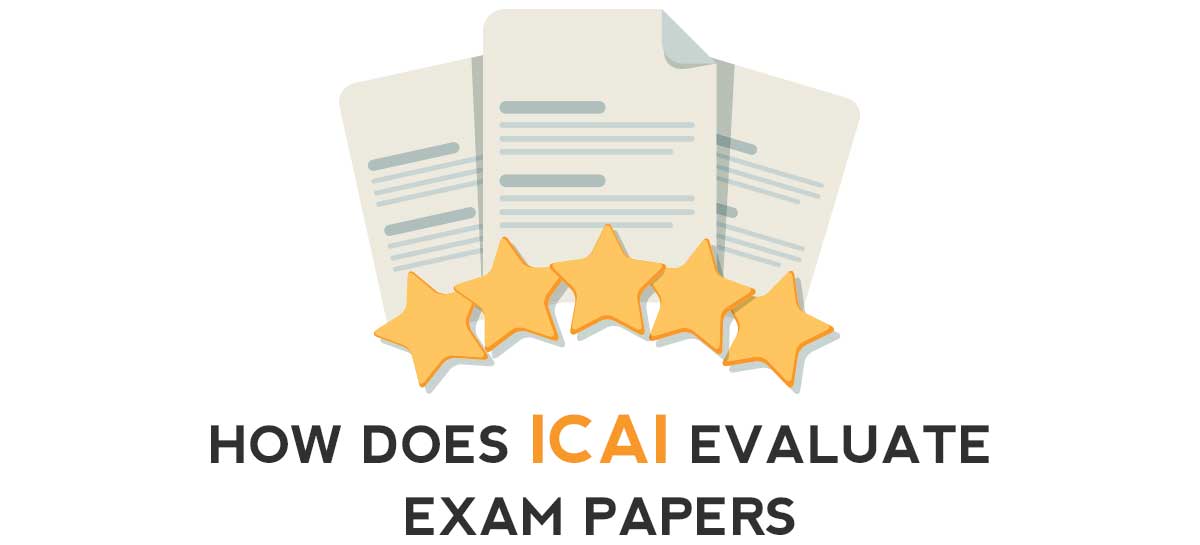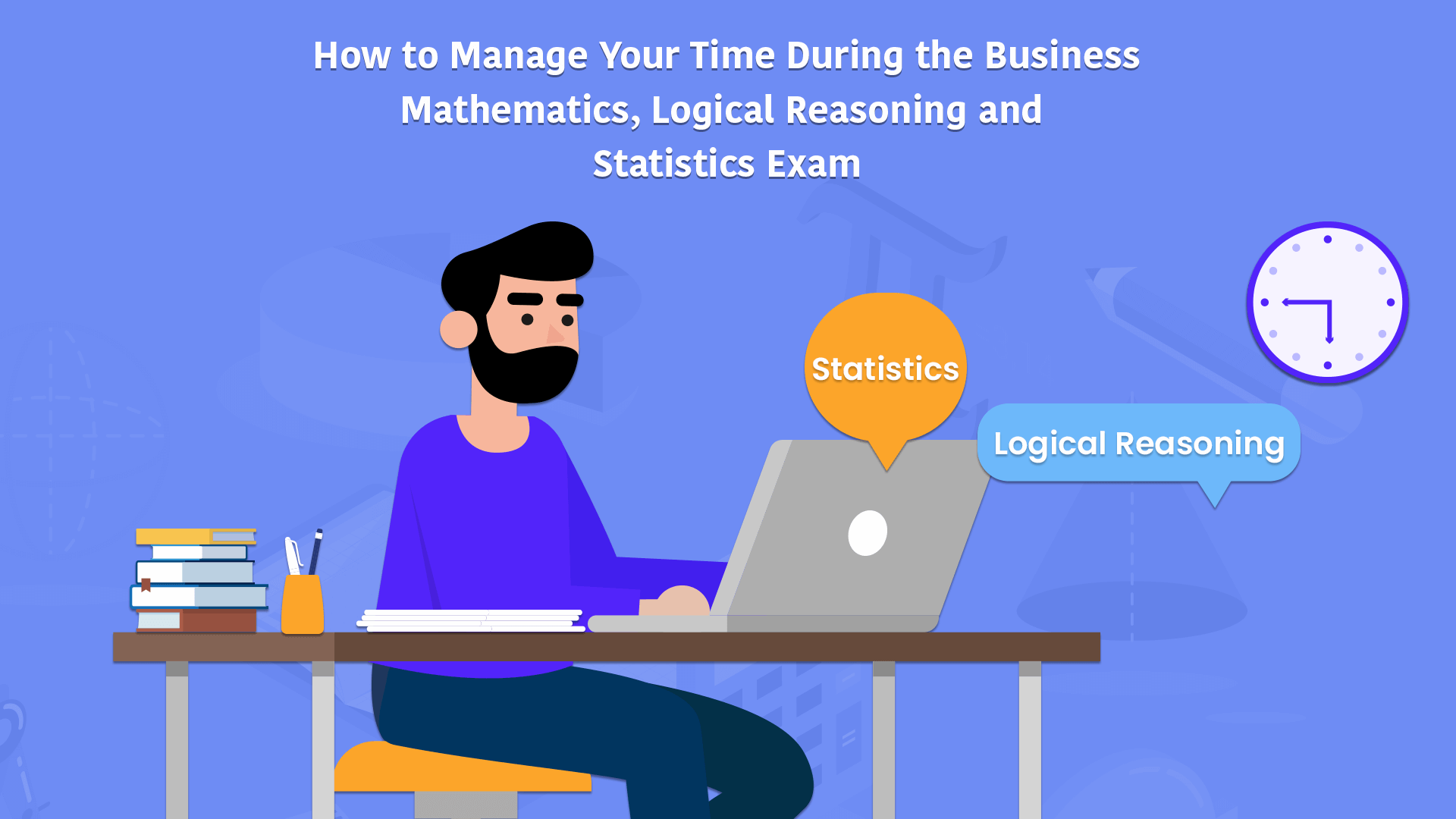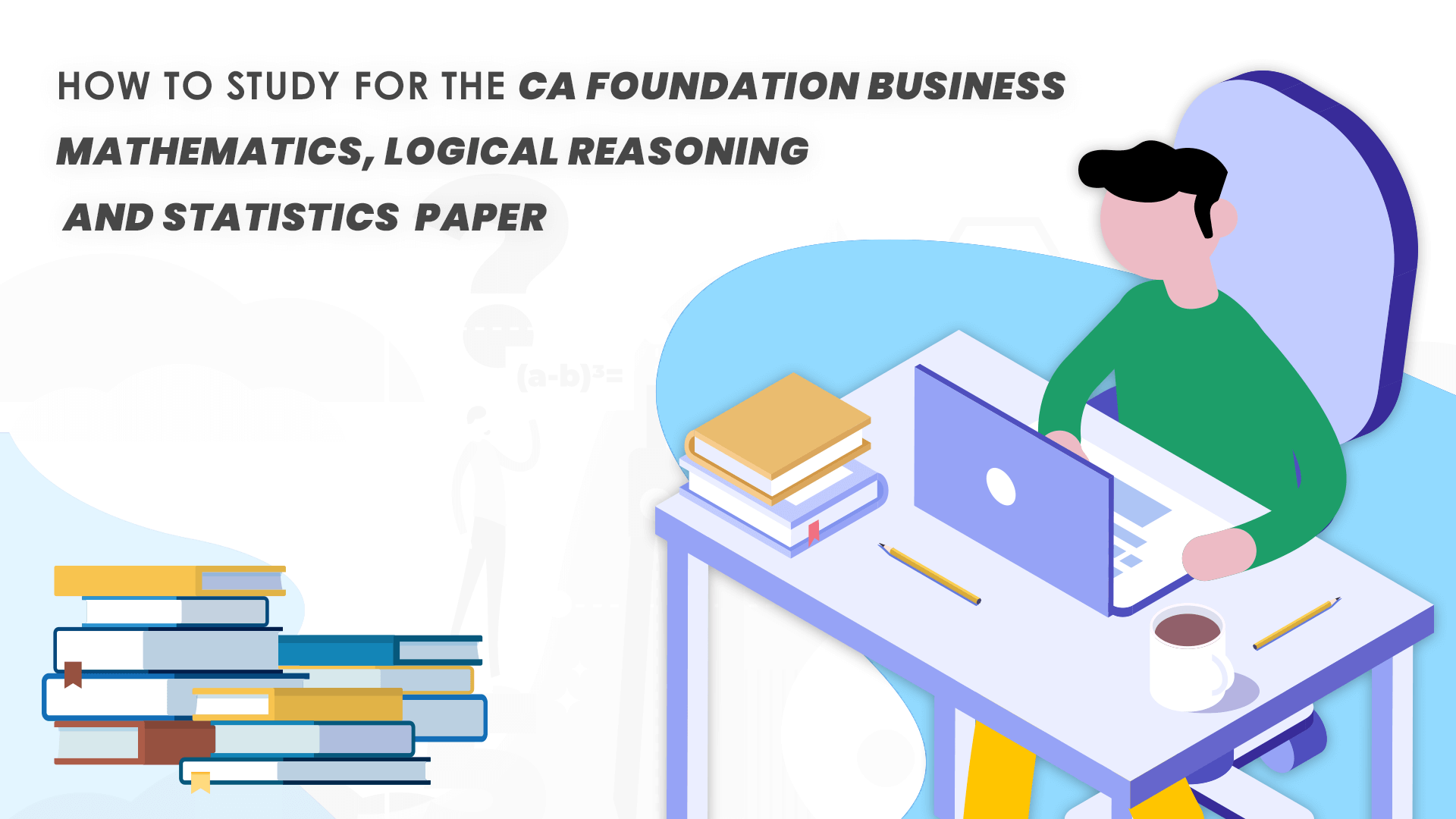Among many, many students, there are rumours going around that the evaluation of exam papers by ICAI is not fair. Rumours saying that ICAI slashes marks willy-nilly. These rumours stem from many factors. But mainly because of students’ experience with tests in non-regulated schools. And as always, rumours are spicier than the facts.
In this post, we’d like to demystify some of the processes. And ensure that you know exactly where the pitfalls may lie.
Let’s begin.
How does ICAI evaluate Exam Papers
There are two types of questions in the Chartered Accountancy Course. Objective and subjective.
There’s little to no controversy in evaluation of objective papers. You are either right or wrong. No in between. In the rare cases where the question is ambiguous, everyone gets marks for that question as soon as the ambiguity is noticed.
Most of the issues are to do with subjective papers. Because there are humans making judgement calls, there’s some wiggle room to argue! But, ICAI tries to ensure the maximum level of objectivity in subjectivity. Doesn’t make sense? It’s like in the Olympic games where judges score gymnastic performances. Where they give numerical scores.
And how do they select these judges? Sorry, uh, examiners?
The selection process is quite detailed.
Here’s the short version:
There are three levels of evaluators. The Examiner, Moderator and Chief Moderator. Typically, though, only the examiner evaluates your paper in detail.
The moderator does a quick review of your paper. Just to ensure everything is in order.
The Chief Moderator only reviews select sample papers for quality assessment.
That’s it.
Now, ICAI selects all examiners based on qualification and experience. Some are University Professors selected for the specialised knowledge. And most are practicing Chartered Accountants.
Once ICAI selects the examiners, they undergo a series of training and mock paper evaluations. This is to assess the examiners. If the examiners end up doing well in this training and evaluation, they are then selected to evaluate papers.
Note that even after selection, examiners will be constantly evaluated by the ICAI. If moderators find that a certain examiner has, on multiple occasions, allotted excessive of less marks, then that examiner may be expelled and barred!
The ICAI follows these steps in evaluation:
- They provide an answer key to all examiners. It contains all answers, even alternate ones. The answers are written in step-wise format (it’s a good idea for you to follow that!). And marks that need to be allotted for each step is outlined. Also, the key contains guidelines for the examiners for variation in answers
- If, after the exam is conducted, there are some issues with some of the questions, ICAI gives out additional information to the examiners. Things like allotting grace marks, etc. If it’s too late to give this information to the examiners, it’s passed on to the moderators. Then, when the moderators get the papers, they’ll rectify the marks
- Examiners are not supposed to tally the marks. That’s done by another person. The only role of the examiner is to allot marks to each question according to the guidelines set. This way, examiners are not tempted to give grace marks if the score is 39 or something
- After the totalling and evaluation is done, moderators receive your paper. They’ll review the paper and assessment for any obvious mistakes. In the course of this, they may raise a complaint if they notice that an examiner is negligent in his/her duty
- Finally, after all this, results are announced and those students who’ve made it are happy.
Let’s talk a bit more about step 4. Because it is in this part of the process that most of the controversy lies.
The Role of the Moderator
As we said before, the moderator’s job is to quickly assess and check the paper. They have the authority to grant or slash marks. It is in this capacity that many salacious rumours abound.
But overall, the moderators play fair. They are dealing with the lives of many students. And so, as human beings, they are empathetic. But they do need to follow the guidelines strictly. If there are questions that are ambiguous, they have the authority to grant marks. If there are controversial answers, they’ll have to deal with the situation as ICAI sees fit. Not as they see fit, mind you. It’s all about how ICAI perceives the situation.
In general, if the paper is very easy, ICAI directs all evaluators to grade strictly. If it is very difficult, then the guide is to grade the paper leniently. It all depends.
Evaluation of Sums and Theory Questions
The examiners and moderators evaluate sums on a stepwise basis. Depending on the examination committee, they will allocate marks for each step.
It’s like your experience in school. Show all your work in a stepwise manner and you’ll get your marks. If you need to use a formula for a sum, state it and then start your evaluation. Note that if there is any mistake in one step, you may lose marks for all steps after. Especially if the answer depends on this and subsequent steps.
For theory questions, ICAI adopts a strict “Evaluation as per answer key” policy. If your points are the same as mentioned in the key, you’ll get marks. Note that ICAI allows for certain variation in answers. It doesn’t have to be word for word the same. Use simpler language if you must. Just ensure to use specific terms and terminology if needed. In general, a four-mark question means that you need to outline four points. Or something like that.
A Few Final Thoughts
As you can see, the evaluation process is well thought out. ICAI tries to bring maximum objectivity to a subjective endeavour. Having said that, are we saying that the evaluation process cannot be improved?
No. Not at all. There’s always room for improvement. Perhaps ICAI can better explain the role of the moderator to ensure better transparency.
Also, you must be aware that ICAI, to maintain the highest standards, reserves the right to modify marks depending on the toughness of the papers. So, make sure that you aim to get the maximum number of marks possible rather than just to pass






